Both nations fete four decades of sustainable development cooperation
China and Germany are expected to deepen financial cooperation to bring more mutually beneficial outcomes as well as support global economic growth, government officials and experts from both countries said on Thursday.
They also called for stronger policy coordination for multilateral development bank reforms and closer collaboration in areas including green development and sustainable growth.
They made the remarks at the China-Germany Dialogue Forum on Financial Cooperation held in Beijing, an event with the theme of "working together for 40 years to promote sustainable development cooperation" to commemorate the successful cooperation between the two countries over the past 40 years and inspire future joint efforts.
"The Chinese government always upholds the idea of solidarity and common development, and we attach great importance to international development cooperation," said Lan Fo'an, China's finance minister.
"We are willing to work with all countries, including Germany, in the spirit of mutual benefits to promote cooperation in the development sector and realize common prosperity," Lan said.
He pointed out that China and Germany, among the most influential countries in the world, should jointly uphold true multilateralism, keep in close contact over international economic issues and join hands to build a fairer and more reasonable global economic governance system.
"China is willing to exchange ideas with Germany on promoting multilateral development bank reforms and facilitating development financing, push forward pragmatic cooperation in both emerging and traditional multilateral development institutions, expand two-way market opening-up and create an open global economy to contribute to global recovery and development," he added.
Over the years, financial cooperation between the two countries has realized remarkable achievements, enriched the Sino-German comprehensive strategic partnership and established a role model for win-win cooperation.
The German government's loan commitment to China has reached 10 billion euros ($10.73 billion), which supports over 300 projects in 31 provincial-level regions involving areas of ecological and environmental protection, energy, transportation and urban infrastructure.
The two sides also signed a three-year joint action plan aimed at strengthening international development cooperation, promoting three-party cooperation, facilitating global poverty reduction and development, and contributing to global prosperity.
Jochen Flasbarth, Germany's state secretary of federal ministry for economic cooperation and development, said collaboration between the countries over the past four decades has boosted prosperity and both countries have benefited.
Flasbarth urged more efforts and collaboration to achieve common goals in areas including climate change and biodiversity, high-quality education and sustainable economic growth.
"We believe that the two governments will work together to shoulder our common responsibility and we also hope we can provide an equal and fair condition for all involved parties," he said.
Zhu Min, vice-chairman of the China Center for International Economic Exchanges, said collaboration between China and Germany has brought mutually beneficial results as well as had a positive effect on the global economy.
Looking ahead, he said China's pursuit of a new growth model, which is based more on such factors as consumption and green transformation, opens "a new edge of the horizon" for both countries and the world.
For instance, China replacing coal consumption with new energy will create huge market opportunities and its progress in fields including solar panels, electric vehicles and hydrogen also supports global economic development in those new areas, he said.
Lan also suggested promoting innovations in international development cooperation to promote global sustainable development. China is always an active contributor to global development and is willing to take steps together with its partners, including Germany, to pursue progress in areas including innovating financial cooperation models, facilitating pragmatic cooperation and exploring and promoting new three-party cooperation models, he said.












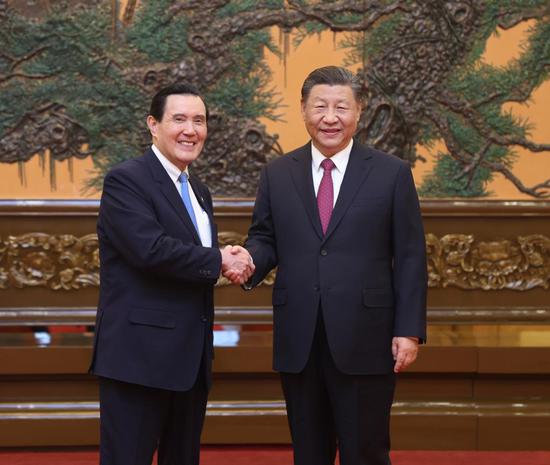


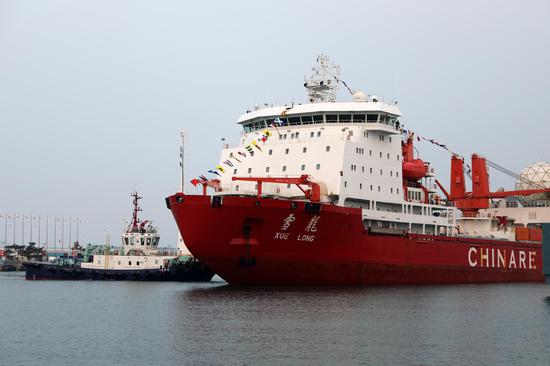


















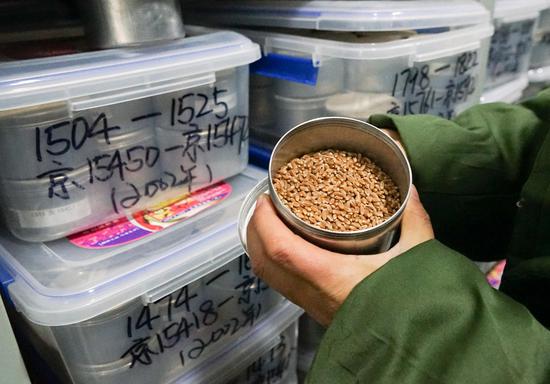
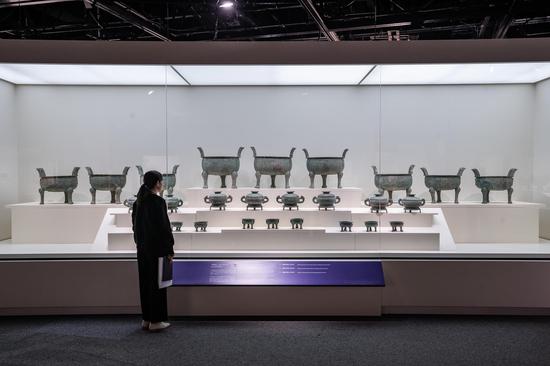








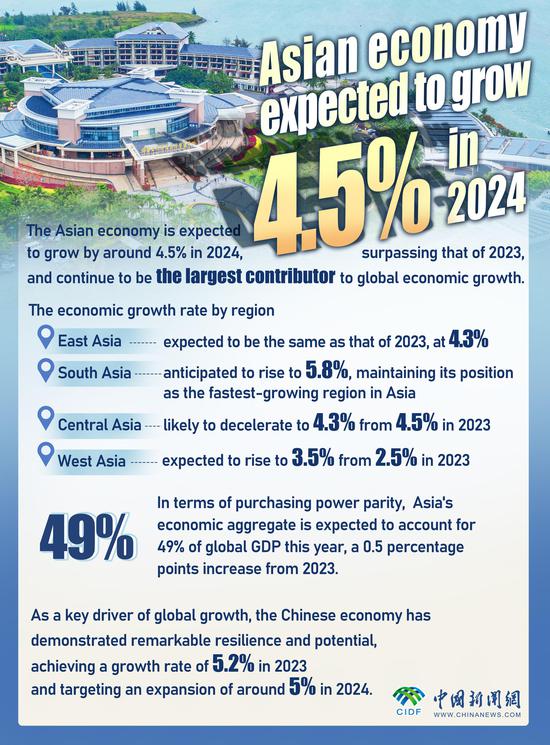





 京公网安备 11010202009201号
京公网安备 11010202009201号